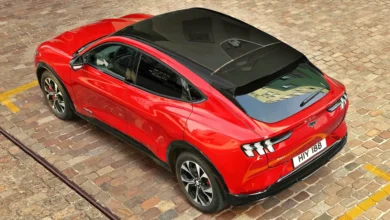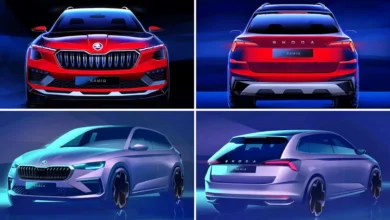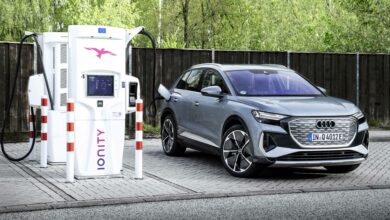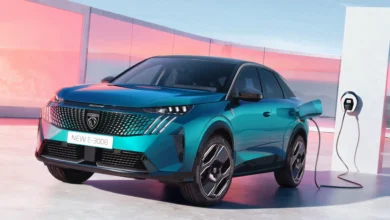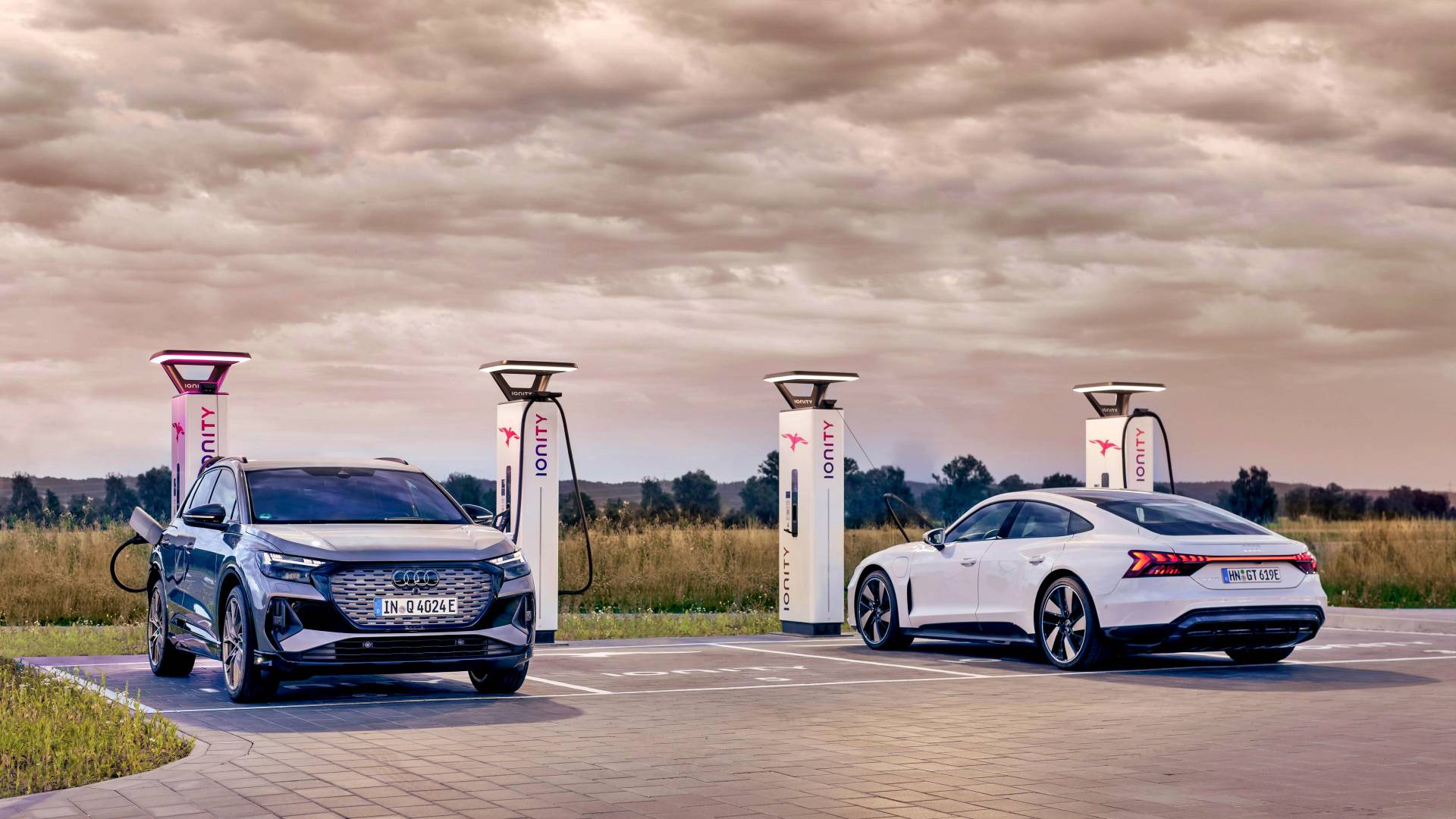
Surely many of you have been in a conversation about the electric car where one of the critics’ arguments is its greater environmental impact due to the manufacture of its components, such as batteries. But the different studies have been denying it for example the report of the Association of Concerned Scientists, which has published its latest report analyzing the emissions from its production to the end of its days of electric and internal combustion cars.
The report indicates that in addition to being a fundamental tool to fight climate change, we must also take into account the total emissions that include those from two other sources: the electricity used for recharging, and those from the processes and materials used to make them.
One of the first conclusions is that to assess emissions, it is also important to know the energy mix of each state, and where the expansion of renewables will increase the reduction of pollution in the production of components such as batteries.
To analyze the total emissions from electric vehicle charging, taking into account the electric mix of the United States, the Union of Concerned Scientists (UCS) has included the following parameters in its study:
- Emissions resulting from the extraction of raw materials, such as coal mining and natural gas extraction;
- Emissions from the delivery of these fuels to power plants;
- Emissions from burning those fuels in power plants to generate electricity;
- Losses of electricity that occur during distribution from the power plants to the point where the electric vehicle is plugged in; Y
- The efficiency of the vehicle in recharging and use of electricity.
For its part, to analyze the figures for gasoline cars, the following has been taken into account:
- Oil extraction
- Transportation of crude oil to refineries
- Oil refining into gasoline
- Fuel delivery to gas stations
- Combustion of fuel in the vehicle engine
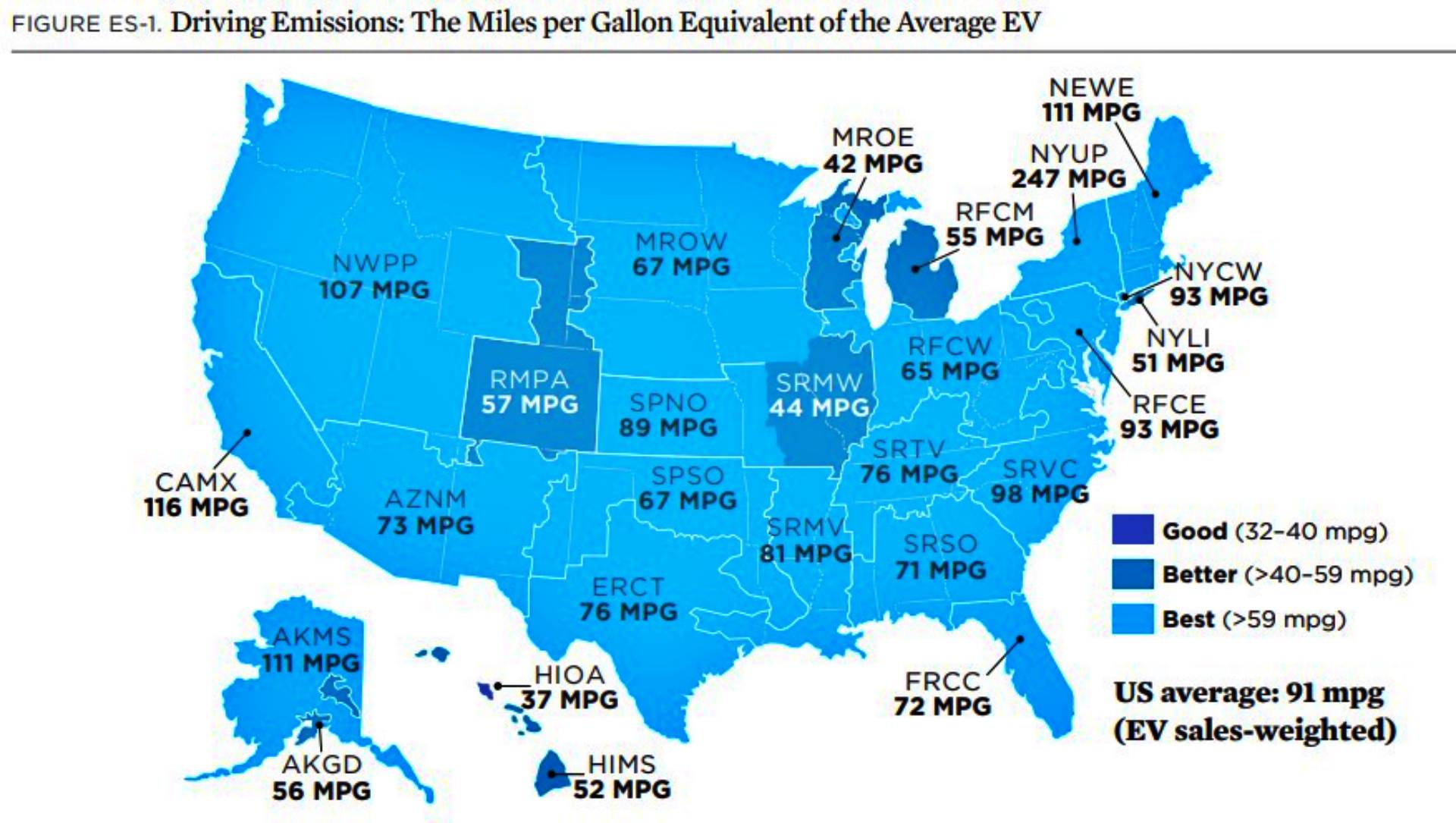
Despite huge differences in electricity production across the United States, the impact of driving an electric car can vary significantly. Despite this, the study puts on the table that in all cases, even in the states with the electricity grid that is most dependent on sources such as gas or coal, driving an electric car is always more sustainable than average gasoline cars.
90% of North Americans live in a region where driving an electric car has lower total emissions than driving the most efficient gasoline car on the market, with 59 miles per gallon, or 3.98 liters per 100 km.
On average, driving an electric car in the United States would represent in emissions driving a gasoline car with an average consumption of 91 miles per gallon, or 2.58 liters per 100 km. Something very far from both the consumption of the most efficient models, and a real average that in the first quarter of 2022 was placed at no less than 24.4 miles per gallon, or 9.64 liters per 100 km.
But as we say, this depends a lot on the electrical mix since, for example, among the conclusions of the study it is indicated that in California, the state with the highest share of renewables in the country, driving a Tesla Model 3 Standard supposes an equivalent of 152 miles per gallon or 1.54 liters per 100 km equivalent.
Emissions including battery manufacturing
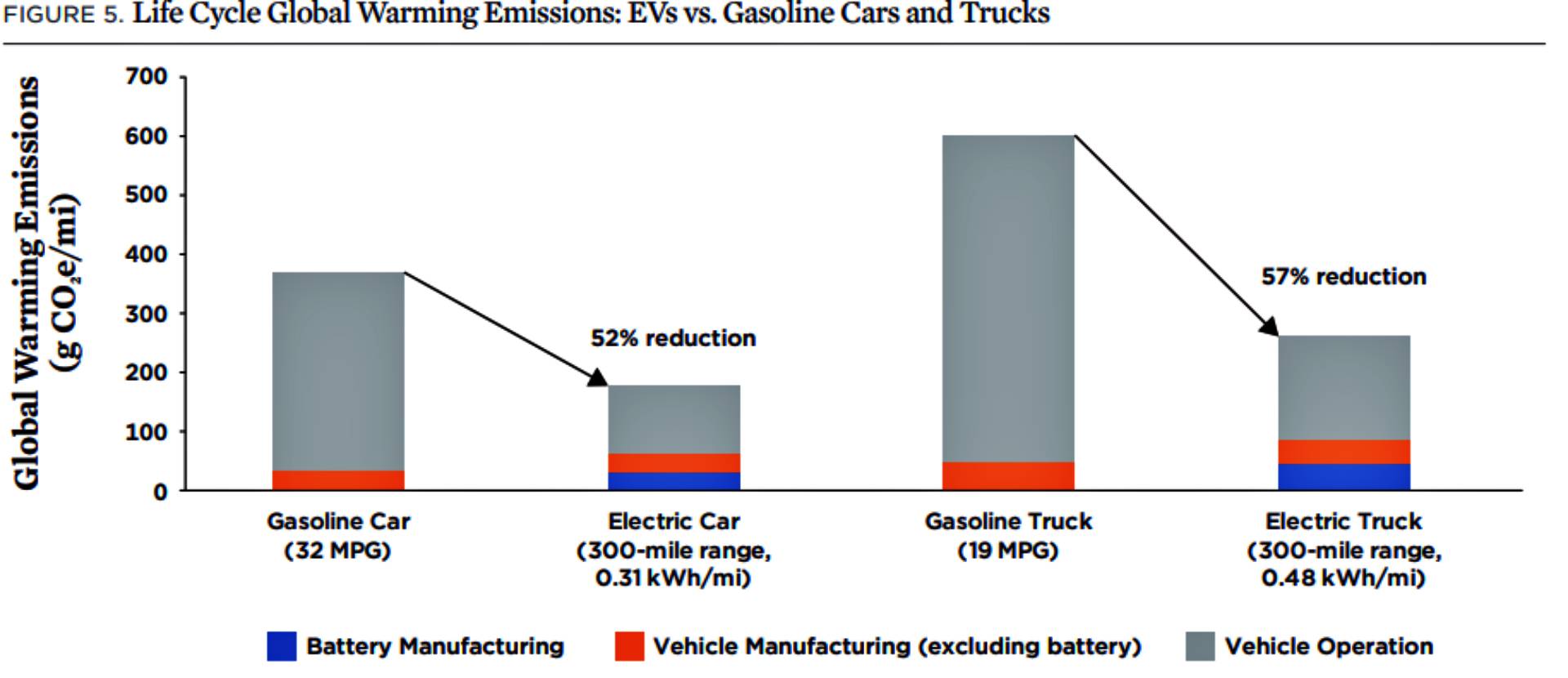
But many will think that consumption is highly variable, but the impact of processes such as manufacturing must also be added. In the case of electric cars, their average emissions are higher than those of equivalent gasoline due to bills such as the battery.
However, most of the emissions a vehicle accumulates take place during its lifetime, so the reductions from driving an electric more than offset the higher manufacturing emissions.
For example, according to the report, an average electric car supposes 52% fewer emissions than equivalent gasoline throughout its life, including manufacturing. In the case of a van, very popular in the United States, the figure rises to 57%. And we remember that in a country like the United States where renewables barely reach a 20% share, far from the 50% achieved, for example, in Spain in 2021.
We can also address the situation with the data that indicates how many kilometers an electric car will have to travel before compensating for the difference in emissions in its production compared to a gasoline car. in this case, again taking into account the electrical mix of the United States, the report indicates that we will need about 34,400 kilometers or about 22 months of driving.
The conclusion is that an electric car will always be cleaner than a gasoline one, even in markets with little implementation of renewable energies such as the United States, since these are capable of compensating for their greater impact on production in a few months.
Vehicles can later have a long life providing clean and economical transport, but once their application is finished, they can reuse their batteries, providing support as storage of renewables for the electricity grid, and continue contributing to the reduction of emissions.
Source: ucsusa.org
